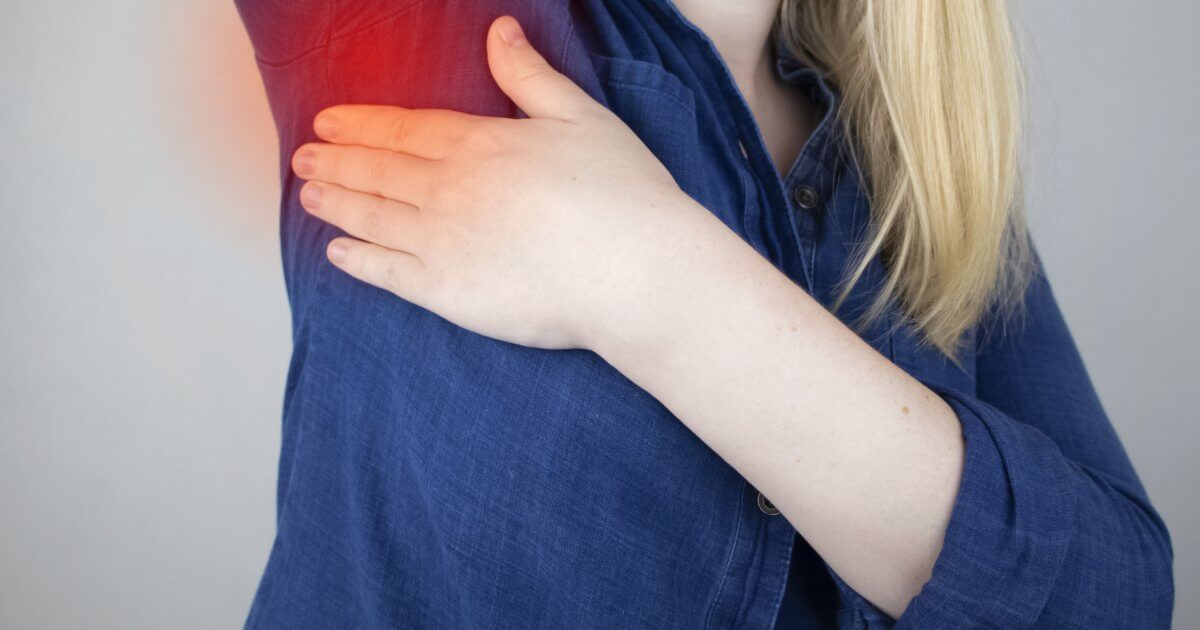Breast Cancer & COVID-19
- Researchers at NYU Langone’s Perlmutter Cancer Center discovered that breast cancer treatments don’t increase the risk of contracting COVID-19 or increase the risk of death by COVID-19.
- Treatment for breast cancer may include surgery, chemotherapy and radiation.
- People going through cancer treatment during COVID-19 should speak with their doctor about getting vaccinated and the best ways to protect themselves.
Related: Breast Cancer: Overview
Read MoreAs long as patients continue to take reasonable precautions such as wearing masks and social distancing, they should feel confident in continuing the treatment plan.
"As long as patients continue to take reasonable precautions such as wearing masks and social distancing, they should feel confident in continuing the treatment plan that they have chosen with their physicians,” says Dr. Sylvia Adams, a study senior investigator and Perlmutter Cancer Center medical oncologist. Dr. Adams cautions that enhanced infection precautions should remain in place at cancer centers.
Treatment Options for Breast Cancer
Breast cancer is the leading cause of cancer deaths among women in the United States. Treatment options may include chemotherapy, surgery and radiation. In an earlier interview, Dr. Ann Partridge, an oncologist at the Dana-Farber Cancer Institute, explains the process for opting for a mastectomy.
Related: What Are the Options if You Have a High Risk of Developing Breast Cancer?
She says, “So when I talk to a woman who comes to me and she has breast cancer, I evaluate what the standard options for treatment for her are,” she says, “which typically include cutting out the cancer– which is either a lumpectomy if you can get it all with just a little scooping around of the area that’s abnormal or a mastectomy for some women meaning taking the full breast because sometimes these lesions can be very extensive in the breast.”
Related: Finally! A Comfortable Bra for Women After Breast Cancer Surgery
“And I’ll talk to a woman about that and I’ll say these are two main options or the big fork in the road. Depending on the size and other features, such as family history, a patient may opt for more aggressive surgery,” she explains.
“And so even for early-stage one breast cancer, a woman may elect a mastectomy to remove her whole breast,” says Dr. Partridge. “Sometimes, this is something that’s done prophylactically, meaning a woman just has a high risk of breast cancer in their family. And so to prevent breast cancer, they’re thinking about removing their breasts.”
When Should You Consider a Mastectomy?
Protecting Yourself from COVID-19 During Treatment
People fighting cancer during the COVID-19 pandemic may have a blunted immune system, due to some cancer treatments. Thus, it’s especially important for cancer fighters to protect themselves from the virus by following CDC safety recommendations, which include mask-wearing, hand-washing, and social distancing. Additionally, it’s advisable to get the COVID-19 vaccine if you can safely do so. Speak with your doctor about the best actions for you and your treatment plan.
Dr. Vincent Rajkumar, a top doctor from the Mayo Clinic, says in an earlier interview that he thinks it is important for cancer patients to get vaccinated. He says, “It is very safe and there is no increased risk to you just because you have cancer.”
Related: Which COVID-19 Vaccine Pfizer, Moderna or J&J is Best For Cancer Patients?
"The two approved coronavirus vaccines are 95% effective,” says Dr. Rajkumar. “These vaccines work. They work in preventing symptomatic COVID and they also work really well in preventing severe COVID. There is a concern that the vaccines may not be that effective, but again, 70% effective is better than 0% effective.”
"As long as you are feeling well, just go ahead with the vaccine whenever it's offered to you. Sometimes even on the same day if you are going to the clinic to get a small dose of chemotherapy and they're giving the vaccine, just get it, there's really no major problem," Dr. Rajkumar says.
5 COVID-19 Vaccine Questions Answered by Expert Physician
Learn more about SurvivorNet's rigorous medical review process.


